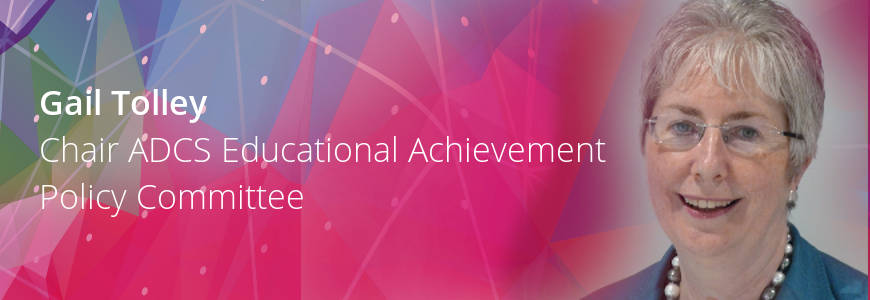Relationships, Sex and Health Education

All state-funded schools in England will have to teach Relationships, Sex and Health Education (RSHE), or just Relationships and Health Education in primary schools, from September. The update to the curriculum is certainly positive and was long overdue. When the Department for Education first consulted on draft statutory guidance for RSHE in 2018, Sex and Relationships Education had been last updated in 2000. Clearly, a lot had changed in this time, children and young people now face new pressures and challenges from the internet and social media that simply did not exist nearly twenty years ago.
That Health Education and RSE have been aligned is encouraging as this approach covers all areas of a child’s wellbeing. What is more, the statutory guidance calls for a whole school approach so that RSHE, and the important lessons that it will teach pupils, becomes a common thread throughout the curriculum. With education and wellbeing recovery being so important to children’s futures, the introduction of RSHE seems like an opportune moment. The focus in the curriculum on mental health and wellbeing is particularly important, especially given the trauma that many of our children and young people will have experienced. Indeed, the pandemic will have, in many cases, exacerbated issues that existed prior to the lockdown. This is why it is so vital a whole school approach is taken to education recovery and RSHE can be central to this when considering pupil mental health and wellbeing. However, for this to be a success, teaching staff must have access to appropriate training and resources regularly updated to ensure lessons fully reflect the challenges and risks children face.
The full roll out of RSHE across schools feels even more pertinent in light of Ofsted’s review into sexual abuse in schools and colleges. It made clear the sheer scale of sexual abuse, harassment and online sexual abuse experienced by our children and young people. While a significant volume of the issues raised in the testimonials on the Everyone’s Invited website related to incidents online or outside of schools and colleges, there is clearly an important role for education settings here in implementing the new curriculum. Indeed, Ofsted has since updated its education inspection handbook in time for September which includes an emphasis on RSHE as a preventative measure. As Ofsted rightly points out, a carefully sequenced RSHE curriculum that allocates enough time for topics that children and young people may find difficult, such as consent, needs to be implemented across all schools. Further, at a national level there is an opportunity to draw this together with different agendas, such as the government’s violence against women and girls strategy.
The past year has highlighted a number of issues that many children and young people face on a regular basis. Giving schools and colleges the flexibility to address them is key but so too is the need for access to resources and training. We must be ready to address the challenges and risks children face now and in the future.
This article first appeard in Children and Young People Now
Gail Tolley, Chair of the ADCS Educational Achievement Policy Committee and Strategic Director, Children and Young People, London Borough of Brent
Related Articles
ADCS response to the elective home education guidance review.
In Education & Schools
The Association of Directors of Children’s Services (ADCS) today, Wednesday 29...
In Education & Schools
This paper sets out ADCS’ vision for a more inclusive education system, with...
In Education & Schools
Joint paper from ADCS and ADEPT on home to school transport.
In Education & Schools
ADCS response to Improving support for children missing education - call for...
In Education & Schools
Heather Sandy comments on DfE data on children missing education.
In Education & Schools
Heather Sandy comments on new DfE data on elective home education
In Education & Schools
Heather Sandy, Chair of the ADCS Education Policy Committee said:
In Education & Schools
Heather Sandy, Chair of the ADCS Educational Achievement Policy Committee said:
In Education & Schools
Heather Sandy, Chair of the ADCS Educational Achievement Policy Committee said:
In Education & Schools
Heather Sandy responds to the Academies regulatory and commissioning review
In Education & Schools
The Association of Directors of Children’s Services (ADCS) today, Thursday 5...
In Education & Schools
A vision for an inclusive and high performing education system
In Education & Schools
ADCS responds to the announcement on the Schools Bill




